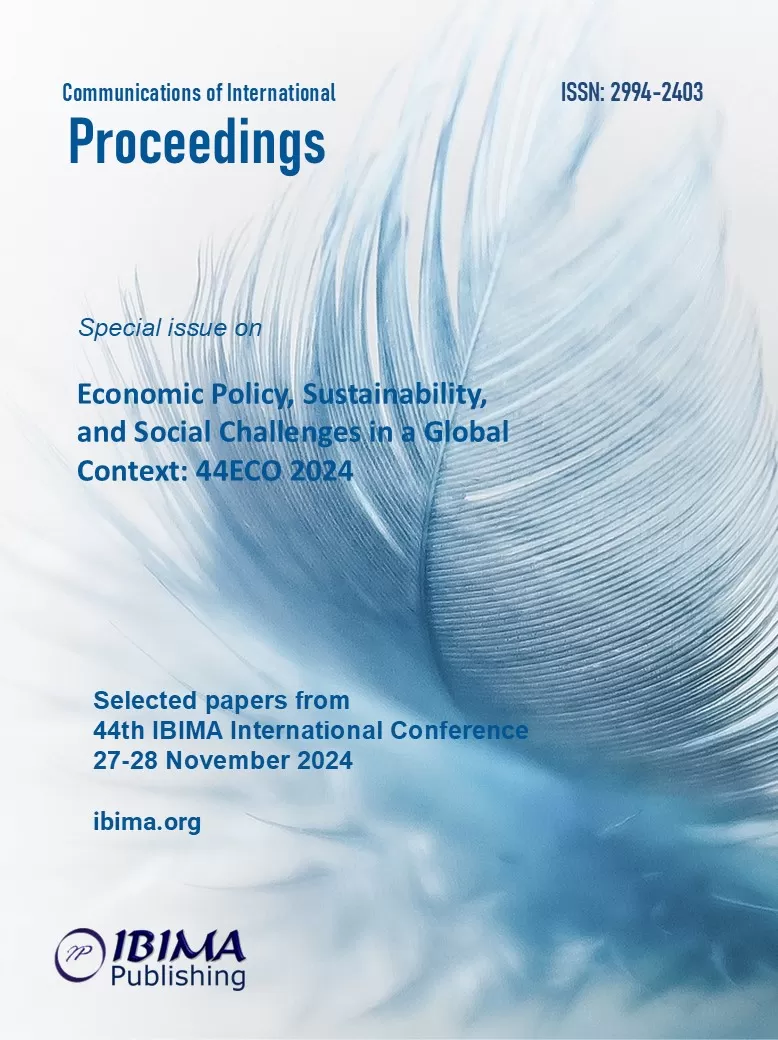
Nibedita SAHA1, Tomas SÁHA2, Viera PECHANCOVA3 and Petr SÁHA4
1,2,3,4 University Institute, Tomas Bata University in Zlín, Zlín, Czech Republic
4 Centre of Polymer Systems, Tomas Bata University in Zlin, Zlín, Czech Republic

Background: In the present time, known as the Fourth Industrial Revolution, it is becoming more and more acknowledged that emerging batteries have the potential to offer effective and sustainable solutions for a smart and dynamic shift towards sustainable energy transition (SET). These newly developed batteries offer various options that are environmentally friendly, affordable, and adaptable for different purposes. For instance, electric vehicles can be powered thanks to their lightweight design and ability to be recharged, which sets them apart from regular batteries. This article primarily focuses on the importance of Multi-Stakeholder Initiatives (MSIs) in the development of emerging batteries for different uses. These initiatives involve collaboration between science, policymakers, industry representatives, businesses, civil society organizations, and citizens, including small and medium-sized enterprises (SMEs) as well as public and private investors. The goal of these initiatives is to promote innovative and commercially viable battery technology with dynamic capabilities. This research highlights the importance of creating a platform called the European Energy Community Task Force (ECTF), which brings together various stakeholders. The purpose of this platform is to explore new research opportunities in renewable energy that can address social, environmental, and economic challenges. The ECTF focuses on forming innovative partnerships to promote advancements in renewable energy. Moreover, this article also highlights the importance of integrating life cycle assessment (LCA) of new batteries with social responsibility in the battery industry. It emphasizes the need to promote sustainable practices and engage multiple stakeholders. It also reviews energy policy documents that demonstrate the practical application of LCA in decision-making regarding battery production policies, EU energy efficiency in battery design, manufacturing, and use, as well as ethical and sustainable advertising and end-of-life management.